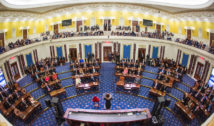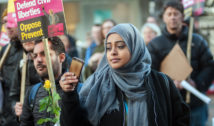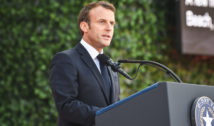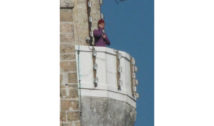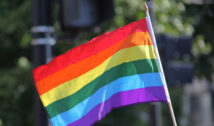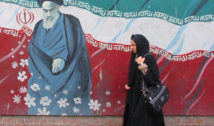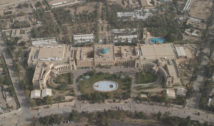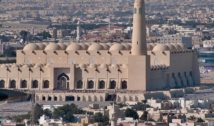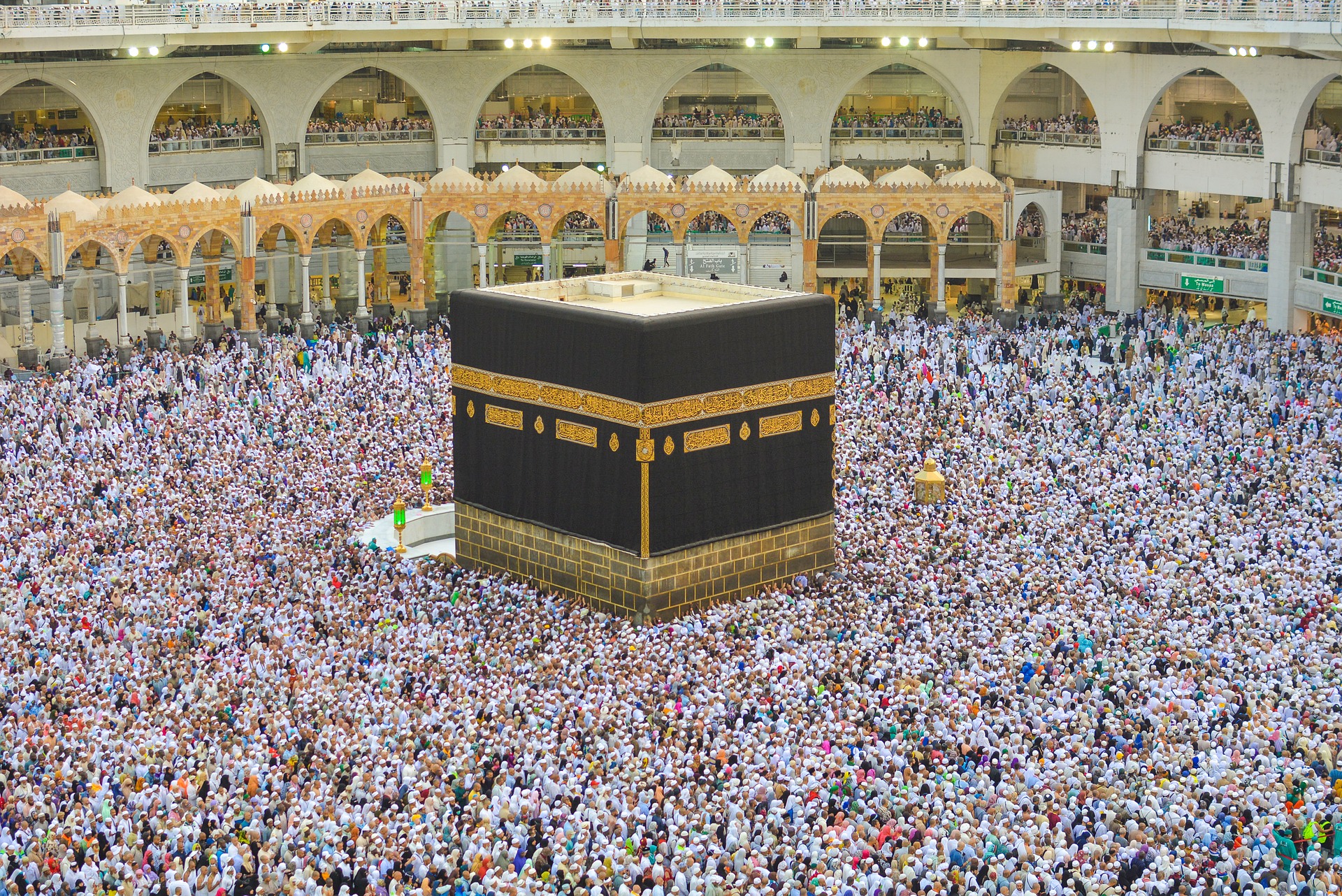
Preparing for the Hajj
- By Ash D --
- 19 Jan 2023 --
Saudi Arabian Minister Tawfiq bin Fawzan al-Rabiah announced on January 9 that pandemic restrictions on pilgrimage have been lifted.
Fawzan al-Rabiah is the Hajj and Umrah Minister for Saudi Arabia. The Hajj is the annual pilgrimage made to the Kaaba in Mecca, scheduled according to the Islamic calendar. The Hajj is also one of the five pillars of Islam—a mandatory act of worship for all financially and physically capable adult Muslims to be carried out at least once in their lives. The Kaaba, meaning “cube” in Arabic, is a square building, draped in silk and cotton veils, which is the holiest shrine in Islam. An Umrah is a pilgrimage to Mecca that can be completed at any time of the year. The Hajj is attended by millions every year, but with the onset of the pandemic in 2020, restrictions had reduced that number to only 1,000. Those going on pilgrimage increased in 2021 to 60,000 and in 2022 to some 900,000, still less than half as many as in 2019, which saw some 2.4 million make the pilgrimage.
“I bring you two bits of good news in this meeting,” Fawzan al-Rabiah said, “the first: the return of the numbers of pilgrims to what they were before the pandemic without any age restrictions.…And the second: allowing any Hajj mission from around the world to deal with any licensed company that meets the requirements of the pilgrims of those countries.”
At Hajj Expo 2023 many announcements were made of efforts to support the religious pilgrimages to Mecca. Visas for an Umrah require a 90-day health insurance plan in Saudi Arabia. As announced in this conference, the cost of this plan has been reduced by 63%. Additionally, large investments and plans were discussed for transport infrastructure to support the millions of pilgrims, as well as an additional 46,000 hotel rooms being added along with commercial markets and entertainment for days and weeks in Saudi Arabia during their journey.


